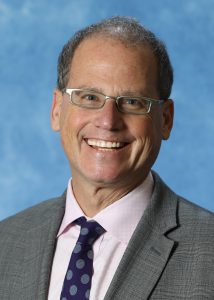
As part of Federation’s commitment to prioritize Excellence, Fearlessness, and Empathy as the core values that drive our work, all of our professionals know they are part of a learning organization. Federation’s learning culture means we not only encourage but require everyone to demonstrate personal and professional growth every year. Our people do this by taking classes and webinars, attending conferences, and sometimes choosing their own self-directed studies.
Every professional sets annual performance goals in their main area of expertise. And everyone has a development plan. Seventy percent of the development plan includes on-the-job “stretch opportunities.” Our professionals frequently mentor each other to master these new skills. These commitments help us cultivate a learner’s mindset, which in turn, empowers us to become more fearless.
I see the benefits daily. People who are risk takers get comfortable with challenging a fixed mindset and learn to embrace change. They are flexible, curious, collaborative. They are open to the idea that there’s no one way to do things. These skills were absolutely essential as we adapted to the massive upheaval of the challenges of the pandemic.
Our professionals are taking classes about how to manage their teams, how to make Instagram and Facebook videos, and how to chart a donor’s journey from the very first gift to renewals. They’re learning about best practices in direct mail and how to tailor fundraising appeals to specific demographic groups. They’re studying how to move donors to monthly giving, and how to sharpen their listening skills so they take a project and turn it into reality. On their own time, several are pursuing MBA degrees, social work certification, and more!
You may also have heard that Federation is integrating the capabilities of Salesforce into our daily operations. We are one of the first Federations in North America to adopt Salesforce, and I am continually getting phone calls from others who ask how it’s going. I’m proud to say, it’s going really, really, well. Salesforce allows us to better integrate our data, connect with community partners, volunteers, and donors.
In this way too, having a workforce that values a learner’s mind has served us well. All of our teams are touched by Salesforce and after many, many, hours of training, our professionals are fearlessly adopting new procedures. I am convinced that our commitment to ongoing learning is much deeper than what’s usually called “professional development.” It is an attitude that opens us up, fearlessly, to ideas that can move this community forward.

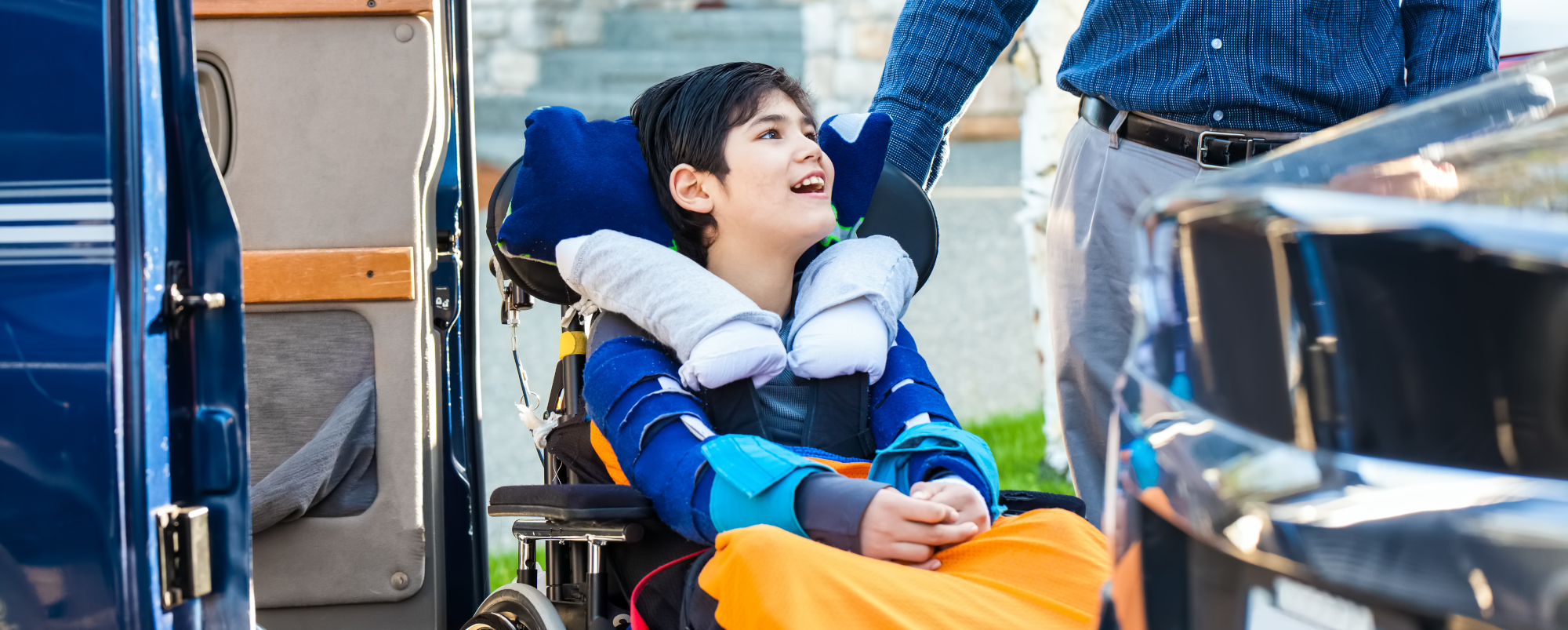

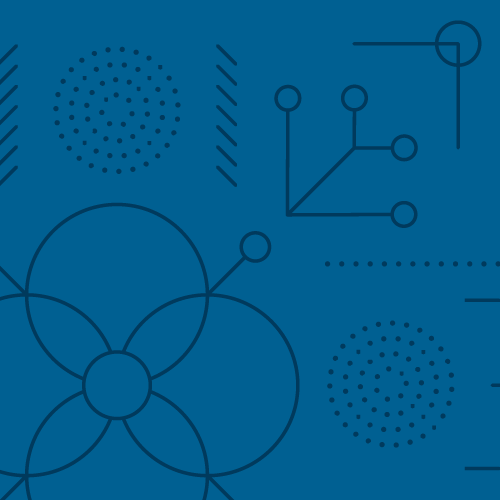
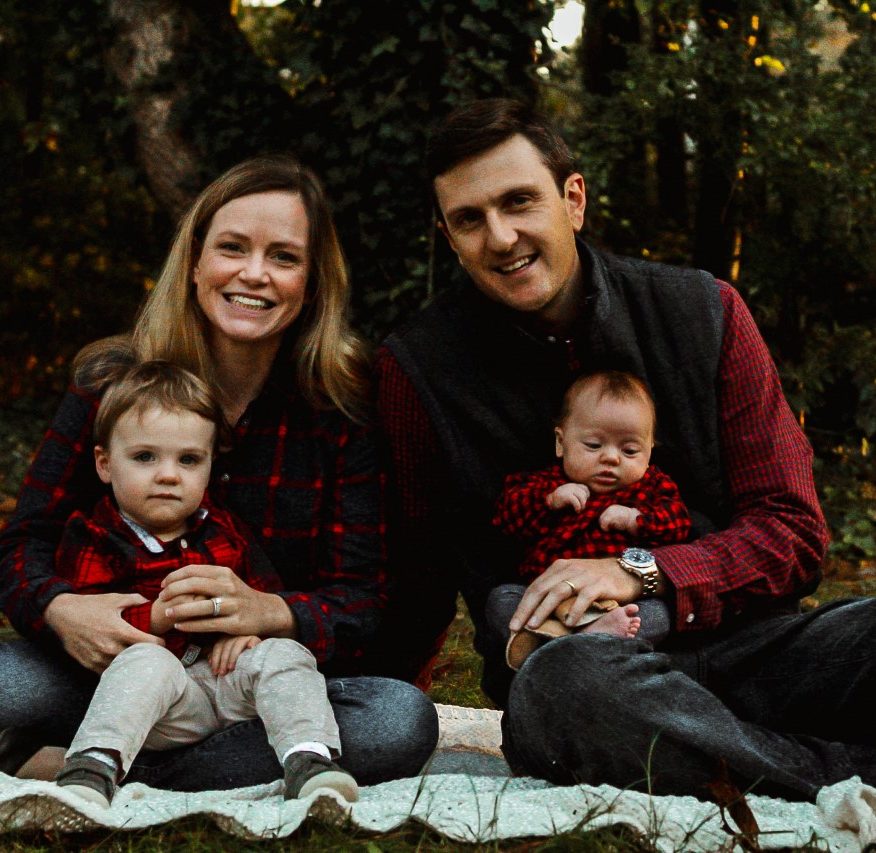
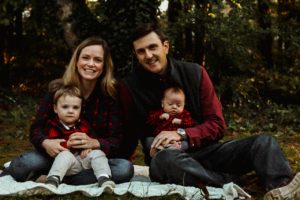 The Blessings of Our Fertility Journey
The Blessings of Our Fertility Journey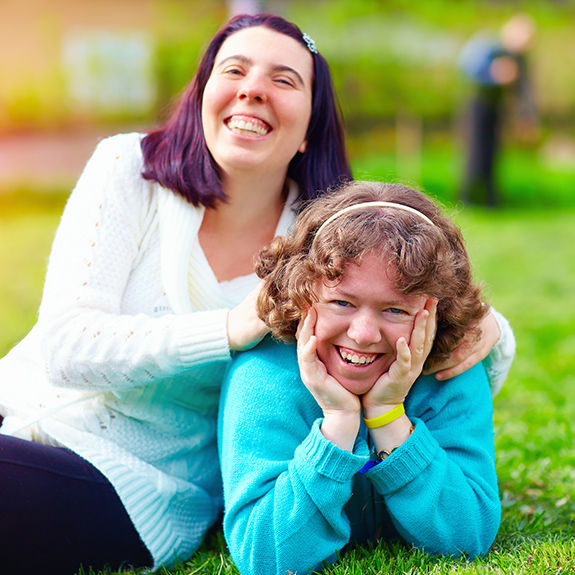

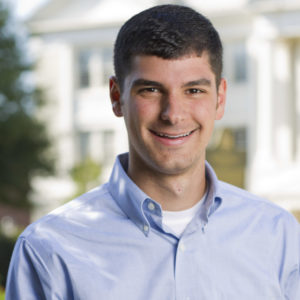 Jonathan Arogeti always heard his parents and grandparents say that giving back to the community was a central family value. “They told us, you have three options with money — spend it, save it, or give it away. And they believed by far that giving it away, if you are able, was the very highest value. During this time in my life, I’m doing all I can to encourage my peers to get involved in philanthropic giving. It’s our generation’s time to build on and sustain this incredible Atlanta community.”
Jonathan Arogeti always heard his parents and grandparents say that giving back to the community was a central family value. “They told us, you have three options with money — spend it, save it, or give it away. And they believed by far that giving it away, if you are able, was the very highest value. During this time in my life, I’m doing all I can to encourage my peers to get involved in philanthropic giving. It’s our generation’s time to build on and sustain this incredible Atlanta community.”


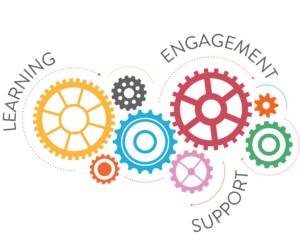
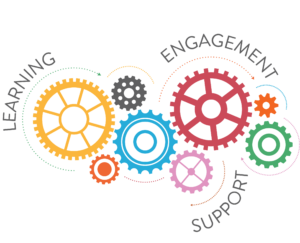 Thinking about our Jewish community as an interdependent ecosystem
Thinking about our Jewish community as an interdependent ecosystem 

